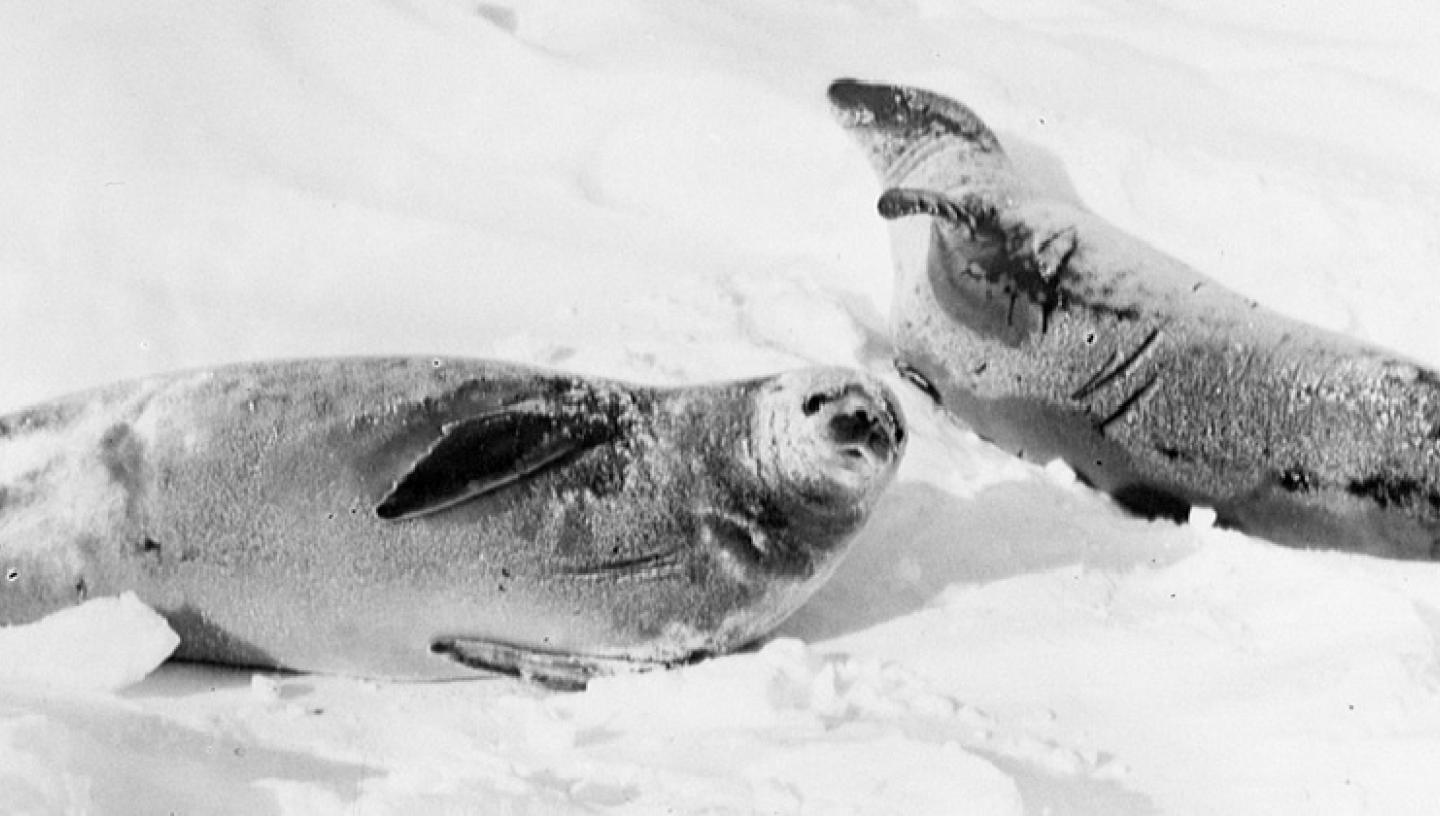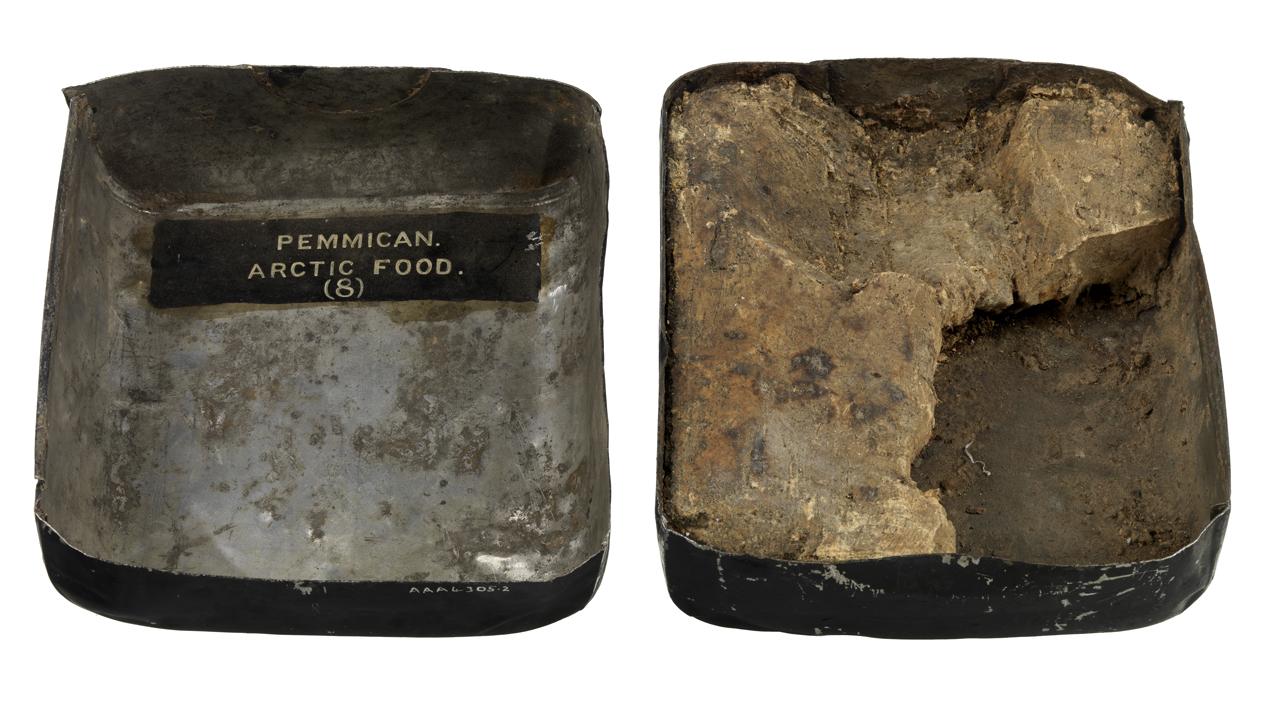
When tucking into your Christmas lunch this year, spare a thought for how polar explorers of the heroic age celebrated Christmas.
Visit the Caird Library and Archive
Our tradition of Christmas feasting, be it on turkey or other roasts, is something of which polar explorers in the early decades of the 20th century could only dream. However, they still marked the occasion with what festivities they could muster and their rations allow.
The British Antarctic Expedition of 1910-12 under Captain Robert Falcon Scott carried provisions which included Christmas rations. Turkey was not on the menu, but neither was the locally-caught seal or penguin which could supplement rations on other occasions.
Scott recorded in his diary for Christmas Day 1911 that ‘I am so replete that I can scarcely write.’ Lunch had included ‘chocolate and raisins’, after which the expedition set off, managing to cover fifteen miles. The terrain was tough. There had been snowfall overnight and the route that day included ‘crevasses’ and ‘huge snowfields roadways running almost in our direction, and across hidden cracks into which we frequently fell.’ But the evening had its compensations as the men enjoyed a Christmas feast. Scott described it thus:
‘We had four courses. The first, pemmican, full whack, with slices of horse meat flavoured with onion and curry powder and thickened with biscuit; then an arrowroot, cocoa and biscuit hoosh sweetened; then a plum-pudding; then cocoa with raisins, and finally a dessert of caramels and ginger. After the feast it was difficult to move. Wilson and I couldn’t finish our share of plum-pudding. We have all slept splendidly and feel thoroughly warm – such is the effect of full feeding.’
Pemmican was dried meat which had been broken down, mixed with fat and made into a paste. Hoosh was a type of soup.

Sadly, this Christmas was to be the Scott expedition’s last. By the end of March 1912 – a mere three months later – all members of the expedition had perished.